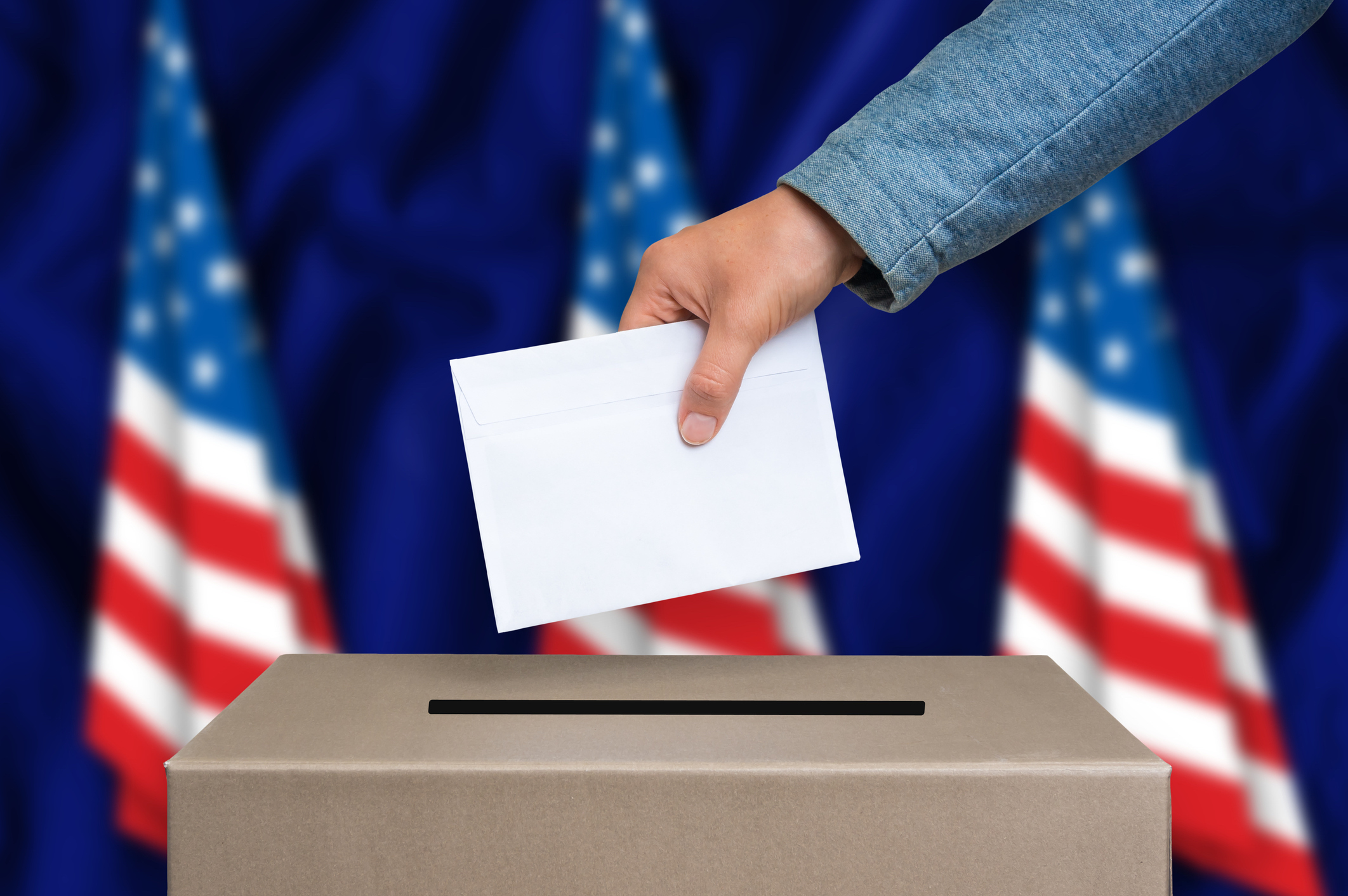2018 General Election - Pinal County
Learn about the November 6th General Election in Pinal County.

Learn about the November 6th General Election in Pinal County.

| Location | Election Type | What's on the Ballot |
|---|---|---|
| Countywide | Polling Place | View List of Statewide & Legislative Candidates Pinal County's Upcoming Election Page View Proposition & Judges and Justices Information |
*As of Aug 9, 2017, voter registration deadlines falling on a legal holiday or weekend move to the next immediate business day, pursuant to changes enacted by SB 1307.
The November 6 General Election is a regular election where voters determine who is elected to office, which statewide propositions will become law and which judges and justices will be retained. All registered voters can participate in the general election.
Voting in a general election is important because it allows voters to select the candidate they wish to represent them in office. Statewide offices have a term of four years, so the elected candidates will be in office until the year 2022. Legislative offices have a term of two years, so the elected candidates will be in office until the year 2020.
The general election allows voters the opportunity to decide whether judges and justices of the Arizona Supreme Court should be retained or replaced. Voters also have an opportunity to approve or reject laws proposed by the legislature and by voters themselves. Midterm elections can have a direct impact in Arizona voters’ daily lives, so it is important for all eligible voters to participate to ensure a truly representative democracy.
Early voting begins on October 10th, 2018. Voters are able to vote by mail or visit an on-site early voting location. Pinal County has established the following early voting sites:
Pinal County utilizes polling places. Polling places are voting locations that are assigned to individual voters. Counties that utilize polling places provide a polling place in each voting precinct, and every voter in that specific precinct must go to their assigned polling place on Election Day in order to receive their official ballot. Click the button below to view Pinal County's polling place list!
Pinal County's polling place list
County Recorder
Dana Lewis
31 North Pinal Street, Building E
Florence, AZ 85132
520-866-6830
T.D.D. 520-866-6851
[email protected]
Go to Website
Deputy Director
Matt Roberts
168 South Main Street
Coolidge, AZ 85128
520-866-7553
T.D.D. 520-866-6059
[email protected]
Go to Website
Polls are open from 6 a.m. to 7 p.m. on Election Day. Don't forget your ID!
2. Can I vote early in the general election?Absolutely. If you are registered and on the Active Early Voting List (AEVL), you will automatically receive a ballot in your mailbox beginning October 12, 2022. Voters not on the AEVL may make a one-time early ballot request or sign up for the Active Early Voting List, by contacting their County Recorder's Office.
3. Do I need ID to vote early?If you vote early in person, yes ID is required. If you vote early by mail, ID is not required. Your signature on the early ballot affidavit is compared to your voter registration record by the County Recorder to determine if the signature is valid. ID is required if you vote at a polling place or voting center on Election Day.
List of Acceptable Identification
The Citizens Clean Elections Commission has mailed a Voter Education Guide to every household with a registered voter. The Guide contains statements, photos and contact information for candidates running for Statewide Office and the State Legislature. Voter Education Guides will be received in home before early voting begins (October 12, 2022). We have also created profiles for candidates running for federal office (U.S. Senate and the U.S. House of Representatives). These profiles can be viewed on our find my candidates page.
5. How can military & overseas voters (UOCAVA) get a ballot?Military and Overseas voters have special voting rights under federal and state law (Uniformed & Overseas Citizens Absentee Voting Act (UOCAVA)). These rights include the use of a Federal Post Card Application (FPCA) to register to vote and request an early ballot as well as the use of a Federal Write-In Absentee Ballot (FWAB), which serves as an emergency back-up ballot. Learn More
6. Do I have to vote everything on my ballot?No, voters do not have to vote everything on their ballot. The votes they do cast will still be counted. However, we encourage voters to vote down the ballot as local races, propositions, judges, etc. can impact voters' daily lives.
7. How do I find information on judges and justices?The Commission on Judicial Performance Review (JPR) conducts periodic performance reviews on judges and makes their findings public on their web site and in the Secretary of State's Publicity Pamphlet.